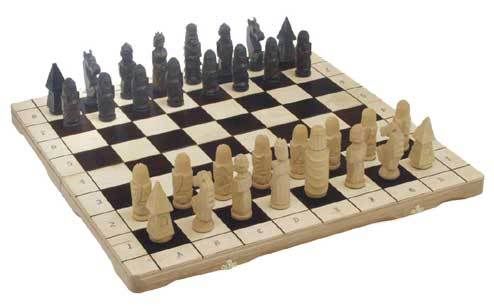And I hate when I can no longer do things I love to do because I've outleveled their usefulness. You see this with sneak attack--it's incredibly powerful at 1st level, and between undead and constructs and fortification it becomes less and less useful, until by about level 11 you're only rarely adding those extra dice. It's like the game auto-nerfs you as you level.Lizard said:I'd WANT the ability to be useless, or nearly so, at anything over mid level, hence my original low fixed Fort save.
You should be looking forward to leveling, either because you get a new toy or a better toy. I've been able to watch characters as they slowly become more and more useless the higher they go. Some builds just work at peak efficiency at particular levels. If 4e can avoid that, I'll gladly take it.

